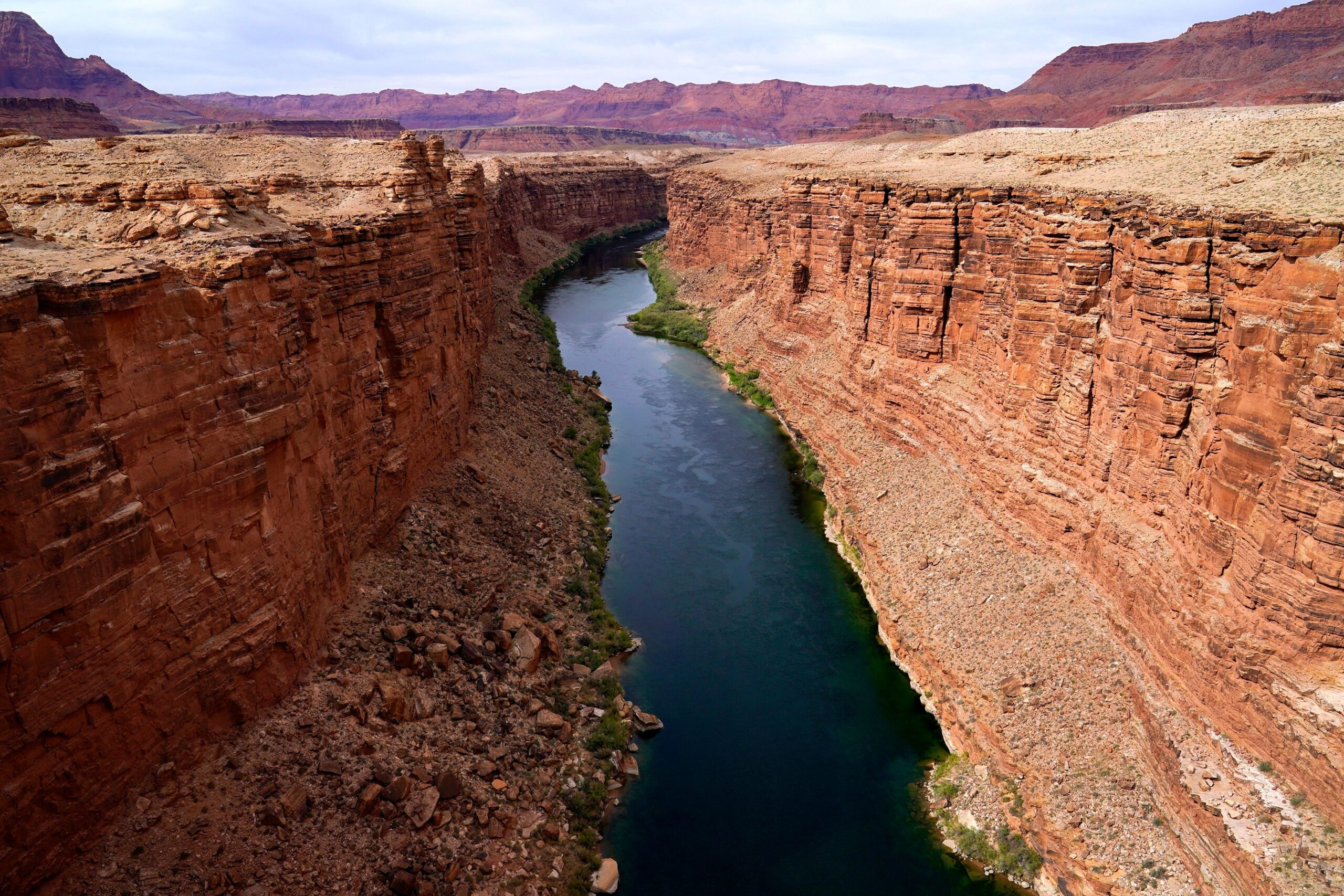Contributors:
Frances C. Bassett, Partner
The United States Supreme Court recently agreed to hear a case that could threaten the more than 100-year-old “Winters” doctrine, which upholds and protects Indian water rights. In Winters v. United States, 207 U.S. 564 (1908), the Supreme Court held that Indian reservations include the reservation of waters necessary to make a tribal homeland.
The Supreme Court agreed to review a Ninth Circuit ruling permitting the Navajo Nation to pursue claims relating to its Indian reserved water rights on the mainstem of the Colorado River. The Biden Administration and nearly every non-Indian water user on the Colorado River, including the States of Arizona, Nevada, and Colorado, the Central Arizona Water Conservation District, the Southern Nevada Water Authority, the Metropolitan Water District of Southern California, and five other separate agricultural/irrigation/water user districts are seeking review of the decision.
The Ninth Circuit Court of Appeals ruled in Navajo Nation v. U.S. Dept of the Interior, 26 F.4th 794, 812 (9th Cir. 2022), that the Navajo Nation could assert breach of trust claims against the United States, based on the federal government’s alleged failure to “determine the quantities and sources of water required to make the Navajo Nation a permanent homeland for the Navajo People,” and its failure to secure “an adequate water supply to meet those homeland purposes.”
In its ruling, the Ninth Circuit held “that the [Navajo] Nation has successfully identified specific treaty, statutory, and regulatory provisions that, taken together, anchor its breach of trust claim.” The decision was based on (1) implied treaty rights recognized in Winters v. United States; {2) the 1868 Navajo Nation Treaty that gives rise to an implied right to federally reserved water rights; (3) the Boulder Canyon Project Act and other statutes; (4) Interior regulations and documents which undertake the protection of Indian trust assets.
The Biden Administration—which has repeatedly pledged to protect Indian trust assets—contends that the Federal government is under no “affirmative, judicially enforceable fiduciary duty to assess and address the Navajo Nation’s need for water from particular sources.”
Meanwhile, the other non-Indian water users argue that (1) the Navajo Nations’ water rights on the main stem of the Colorado River have not been quantified, and (2) that the Supreme Court itself retains exclusive jurisdiction over the Navajo Nations’ claims under the seminal original jurisdiction case of Arizona v. California, 376 U.S. 340, 353 (1964) (decree), which also apportioned the waters of the Lower Colorado River Basin between the states of Arizona and California.
The Biden Administration and the non-Indian water users rely on United States v. Jicarilla Apache Nation, 564 U.S. 162, 176-77 (2011) for the proposition that the federal government assumes “Indian trust responsibilities only to the extent it expressly accepts” them. The Ninth Circuit, however, distinguished Jicarilla on the ground that Jicarilla was a suit for monetary damages, whereas the Navajo case seeks declaratory and injunctive relief.
Patterson Earnhart Real Bird & Wilson LLP is dedicated to the representation of American Indian tribes, tribal entities, and individual Indians across the United States. Our mission is to support and advance the sovereignty, self-sufficiency, and self-governance of our tribal clients. To learn more about how we can assist your tribe, contact our Colorado office at (303) 926-5292.

